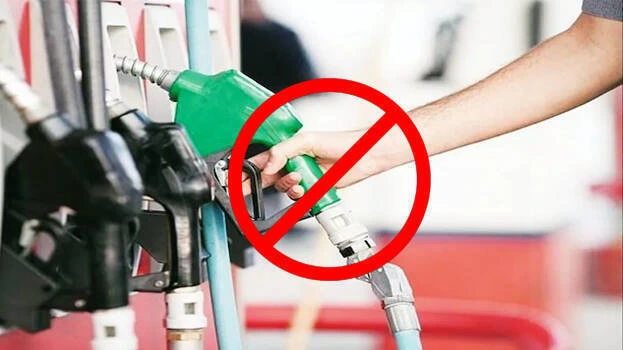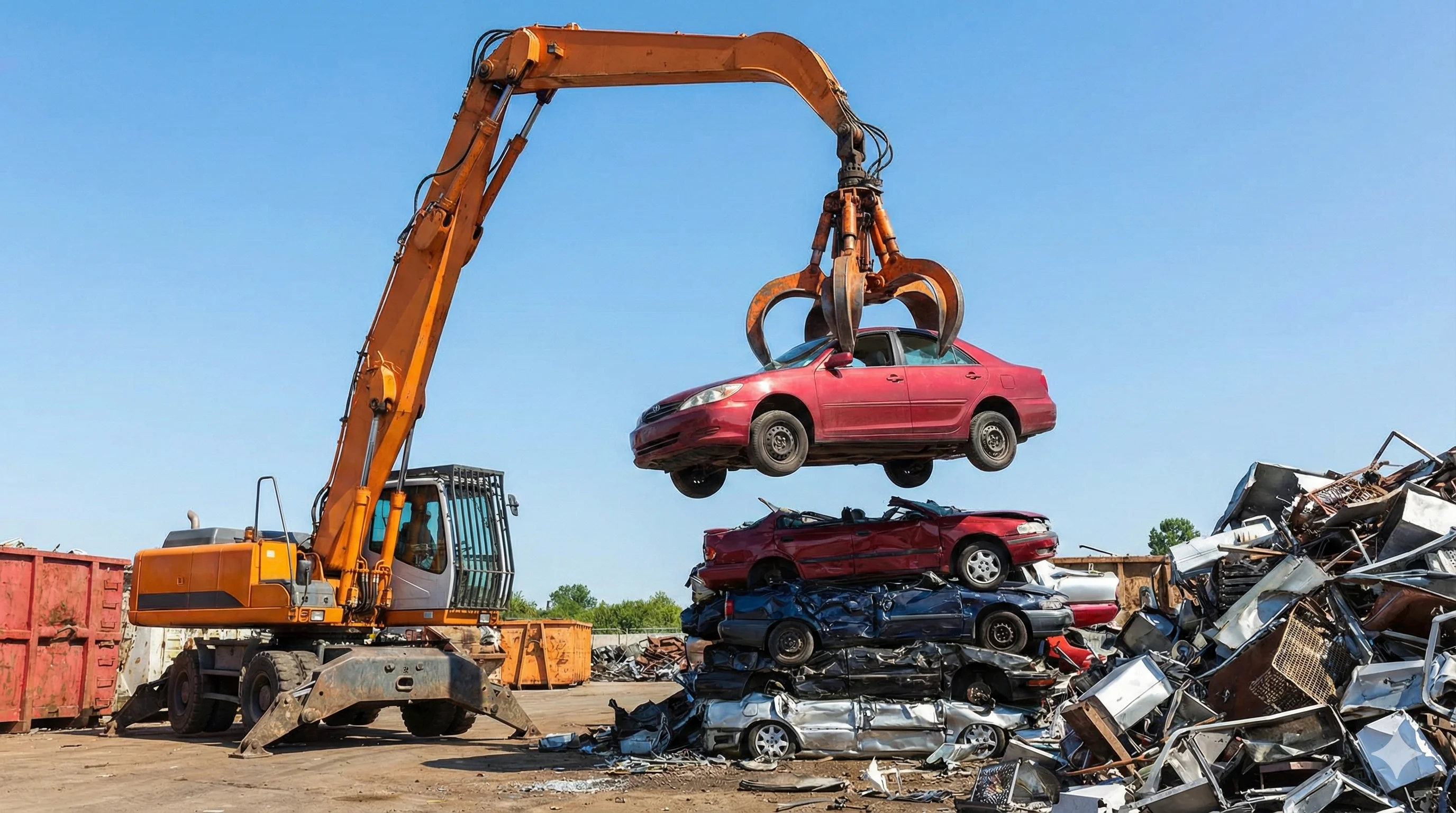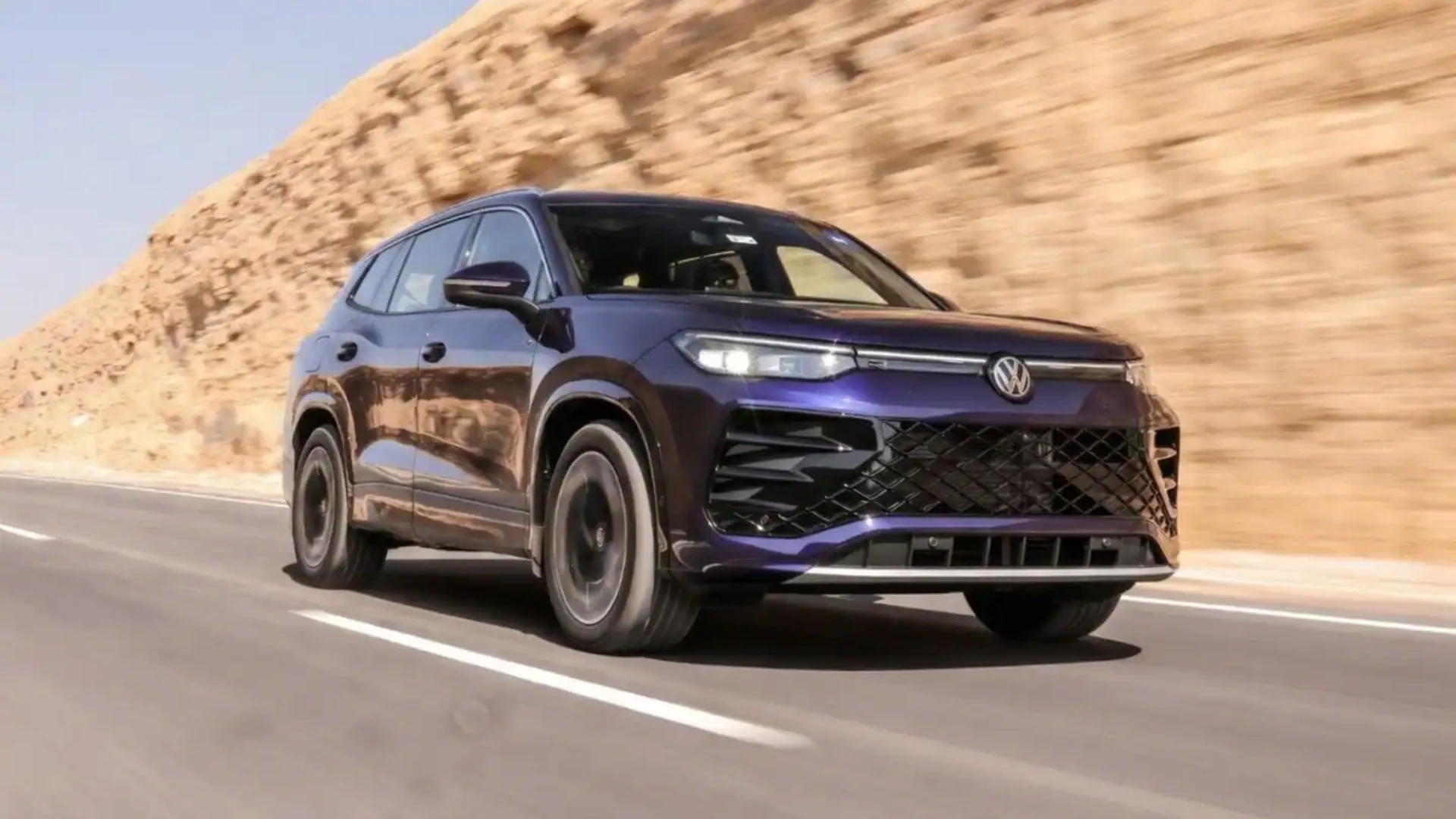
Table of Content
▼Beginning July 1, a big change will take place in Delhi, changing the city's battle against pollution. The Delhi government has released detailed Standard Operating Procedures (SOPs) to enforce a fuel ban on old petrol and diesel vehicles which could lead to a substantial impact to thousands of vehicle owners. The measure will come into force, and petrol will not be put into end-of-life (EOL) vehicles. This will surely be a massive achievement in the city’s initiative for air quality improvement.
The Fuel Ban Explained
According to the latest SOPs issued by the Delhi Transport Department under the direction of the Commission for Air Quality Management (CAQM), a strict ban on refueling older vehicles will come into effect from July 1, 2025.
Key Highlights of the New SOPs:
- Who is affected?
- Petrol/CNG vehicles older than 15 years
- Diesel vehicles older than 10 years
- Applies to all vehicles, regardless of the state of registration.
- Fuel stations must refuse fuel to any vehicle falling under the banned category.
Mandatory Compliance for Fuel Stations
To ensure smooth implementation of the SOPs, petrol pumps across the capital have been instructed to follow a specific set of guidelines.
Fuel Station Requirements:
|
Measure |
Description |
|
Signage Display |
Clear message: “Fuel will not be dispensed to End of Life Vehicles” |
|
Staff Training |
On CAQM rules and denial protocols |
|
Log Book Maintenance |
Manual or digital record of denial transactions |
|
Real-Time Monitoring |
ANPR (Automated Number Plate Recognition) systems must capture vehicle details |
|
Audio Alert |
To notify entry of EOL vehicles |
Enforcement & Penalties
The Delhi Transport Infrastructure Development Corporation (DTIDC) will play a key role in monitoring compliance through its ANPR systems installed at fuel stations.
Further Government Actions:
- Teams to Monitor Stations:
Focus on high-traffic stations with prior EOL vehicle visits. - Weekly Reporting:
Violations to be reported to CAQM and the Ministry of Petroleum and Natural Gas. - Penalties:
Non-compliance by fuel station operators may attract penalties under Section 192 of the Motor Vehicle Act, 1988. - Action on Non-Compliant Vehicles:
Enforcement teams will impound EOL vehicles and ensure disposal through legal channels.
Conclusion
Not only is this a measure and policy, but, but it sends a loud and clear message from the Delhi government not to even think about pollution control as an option. While the ban may likely get some vehicle owners upset, it reinforces temporary nature of what's happening and the urgency for adopting new, clean vehicles (for example EV or phasing out some of these new hatchback cars that satisfy new environmental norms). As the city moves toward sustainability, this fuel ban may be the opportunity needed to step into a healthier future.
Neha Mehlawat
Neha Mehlawat is an automotive journalist and industry analyst with 10+ years of experience covering cars, bikes, and mobility trends. She tracks the latest launches, technology upgrades, and policy changes in the auto sector, delivering sharp insights that help readers stay ahead in the fast-evolving world of automobiles.





